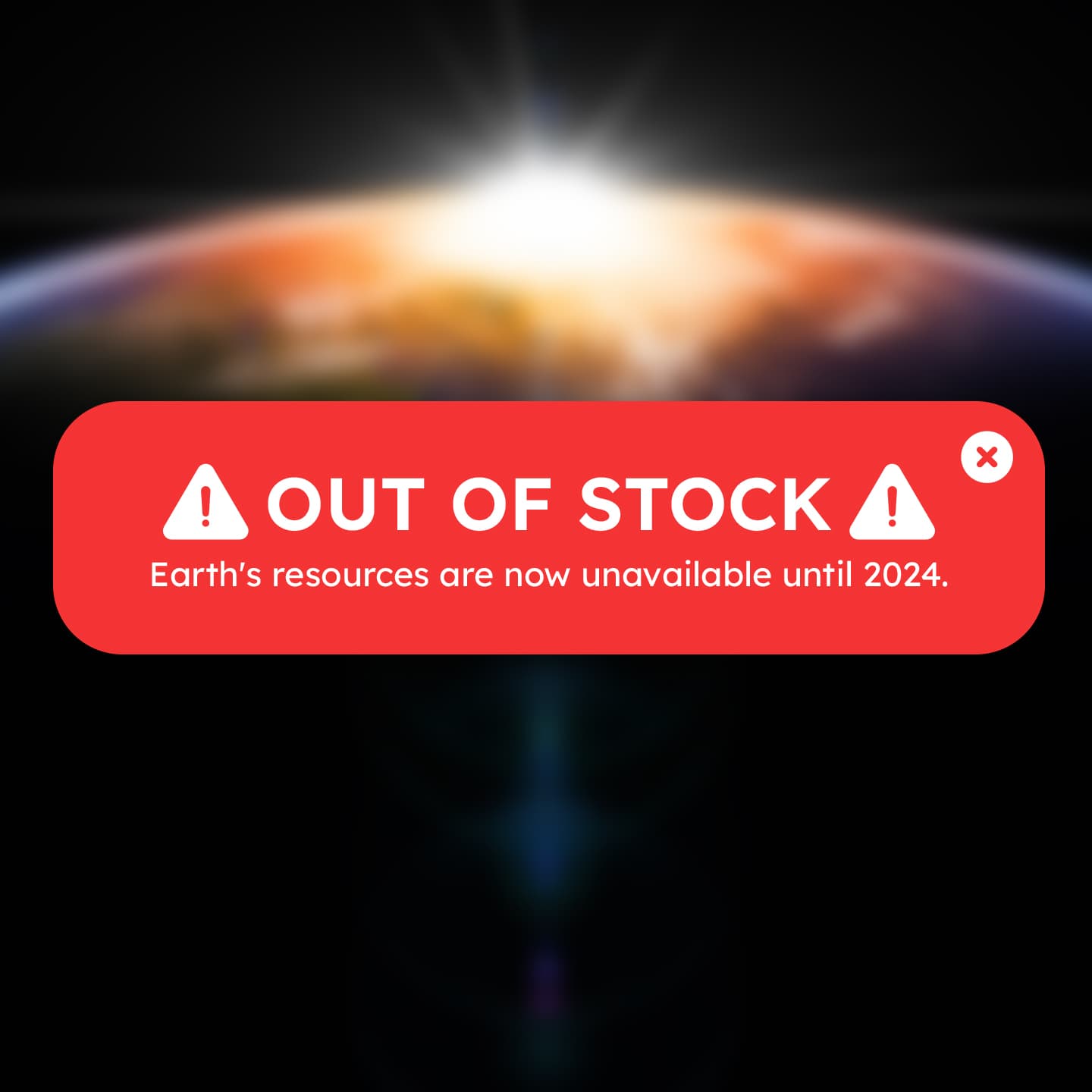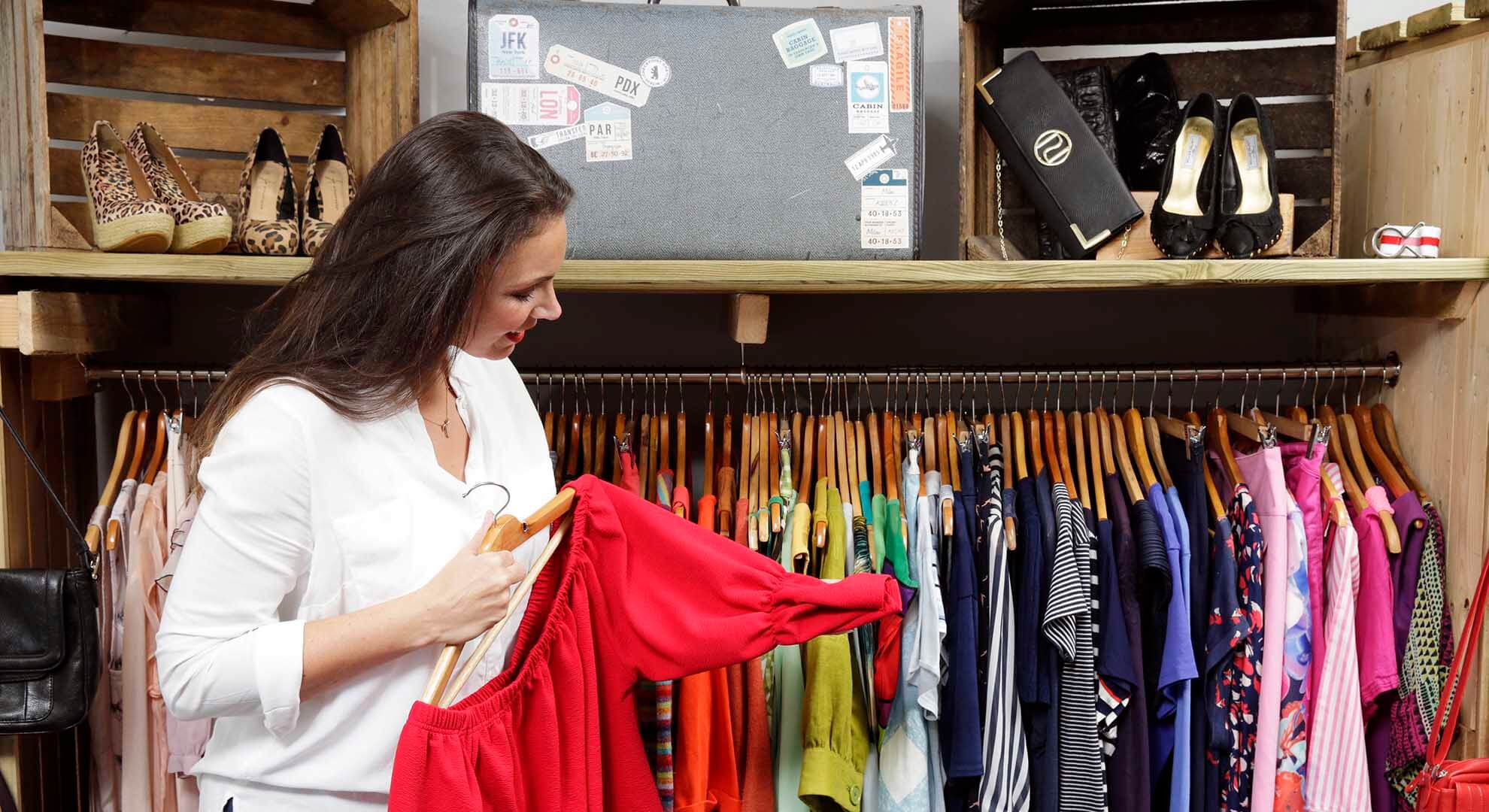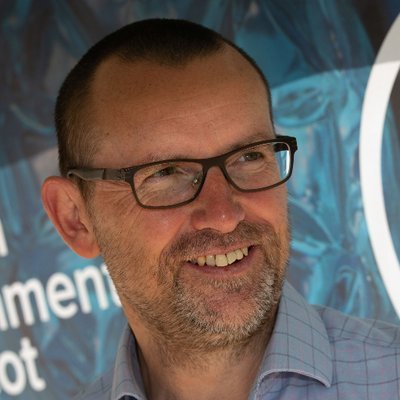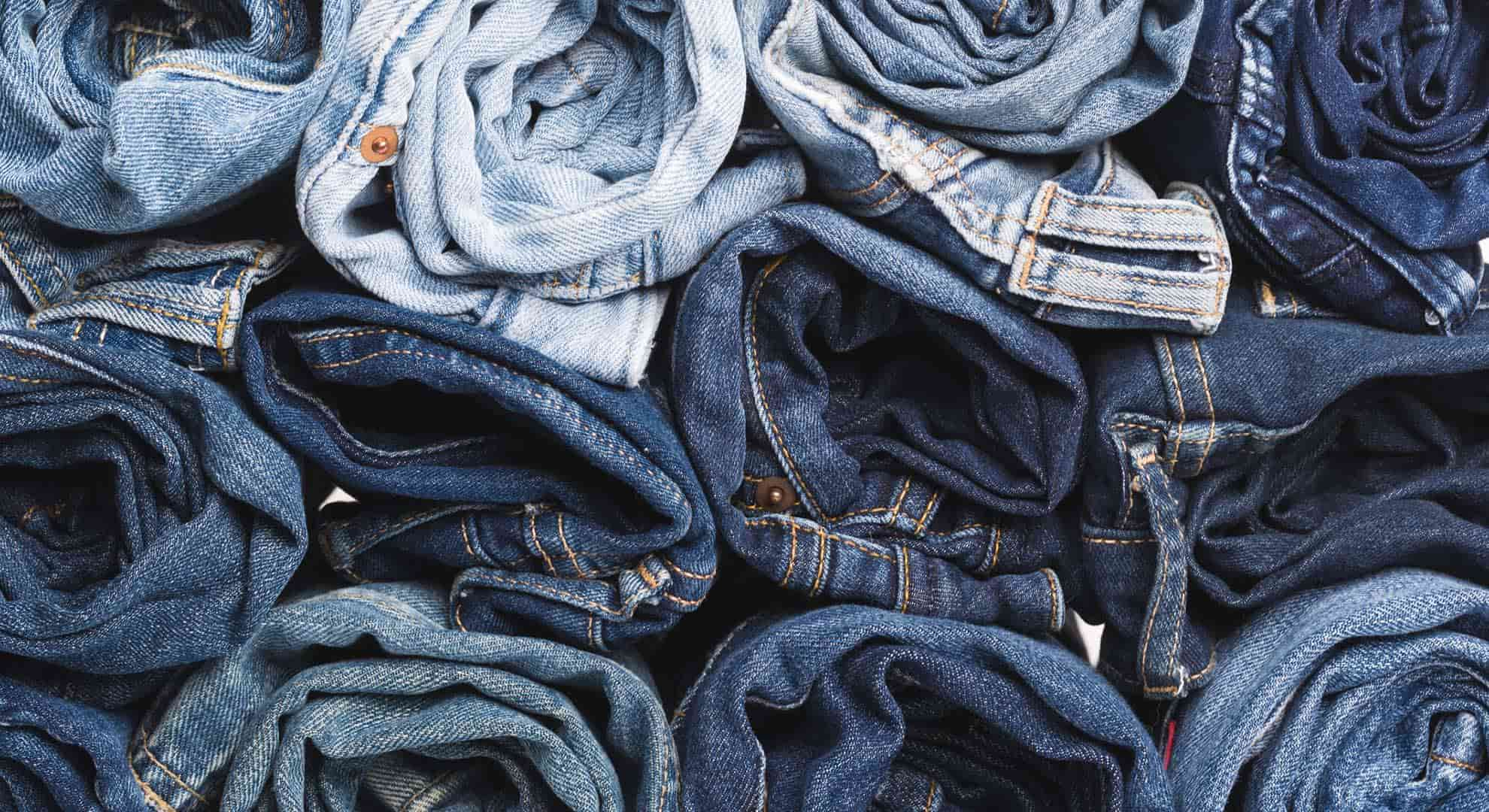
Earth Overshoot Day: we must move the date
This summer, headlines have been overwhelmed with images of locals and holidaymakers in mainland Europe struggling to negotiate the ramifications of record-breaking temperatures.
With impacts on our ability to live and work, as well as on food and water supplies, it’s getting increasingly difficult for even the most entrenched sceptic to deny that climate change is creeping into our day-to-day lives.
It’s cause for concern to be sure, but we must not resign ourselves to a future marred by the effects of climate change. Instead, let’s pledge to use this moment to catalyse positive change.
Earth Overshoot Day
And what better day to do so. Today marks Earth Overshoot Day, the date on which humanity has used up the amount of ecological resources that can be naturally regenerated within the year.
It means that everything we take and use from our natural environment for the rest of 2023 is borrowed from future years – an unsustainable position that ultimately expedites the date on which those materials run out for good.
What’s more, it’s this insatiable appetite for more and more consumption that is fuelling both the climate crisis and the loss of global biodiversity.

How can we move the date?
As a nation, we’re a resourceful bunch. Scots are credited with game-changing inventions from the telephone to the steam engine. We need to channel that spirit of innovation now and apply it to the goods and materials we already have in the economy – asking how we can keep them in use for as long as possible.
It’s because the circular economy is the best tool we have to help us challenge our throwaway culture and stop over-exploiting the natural resources we’ve come to take for granted.

What is Earth Overshoot Day?
Earth Overshoot Day is the date when humanity's demand for ecological resources exceeds what Earth can regenerate in a given year. For the rest of 2024 we'll be borrowing finite future resources.
Our work in the circular economy
Earlier this year Zero Waste Scotland worked with Circle Economy, a Dutch consultancy, to publish Scotland’s Circularity Gap Report, providing the country’s first-ever roadmap to help increase circularity, signposting ways we can transform how we consume natural resources and reduce our carbon footprint by more than 40%.
Since then we have released a suite of reports on Scotland’s energy infrastructure – highlighting the massive opportunity in developing a world-class, circular, green energy sector in our country, and punctuating exactly why there is such excitement around our country’s energy potential.
The Circular Economy Bill
Meanwhile, in another first of its kind, the Scottish Government’s proposed Circular Economy Bill has progressed to the next stage in parliament. The Bill aims to give Scotland powers and solutions to help us to consume differently, use resources efficiently, tackle waste, and boost our wellbeing economy.
It’s a welcome step with the potential to make the circular choice the most convenient option for citizens, and Zero Waste Scotland looks forward to supporting it to take shape.
Targeting consumption
While high-level change takes time, there’s plenty all of us can do right now to contribute to Scotland’s collective action against climate change – as individuals, families, workplaces, businesses and communities. The most impactful thing we can target is our own consumption.
The average person in Scotland consumes more than twice what experts consider a sustainable amount of materials per year. That’s a scary fact, but it’s also empowering, because it gives us a point of focus to help us to reduce the amount.
For citizens, simply asking ourselves if we really need something before we buy is a vital step. When we do need something we can look at alternatives to outright purchase and ownership, like choosing refurbished and second-hand items and exploring leasing or sharing models.
While it’s a change from the demand-and-supply model we’re used to, encouragingly it’s something research tells us people in Scotland are open to.
Be part of the shift to a more circular Scotland
Impactful change doesn’t often happen because of one, big, sweeping gesture. While those can help motivate and set the direction of travel, it’s lots of little actions taken together that really transform the way things are done.
We can all be part of the shift towards a more circular Scotland, and this Earth Overshoot Day could be the wake-up call we need to inspire action. Let’s take control of the narrative and make it a turning point. Reducing our consumption to more manageable limits is good for the planet, good for our pocket, and good for our global community.
Discover similar articles
- Article




